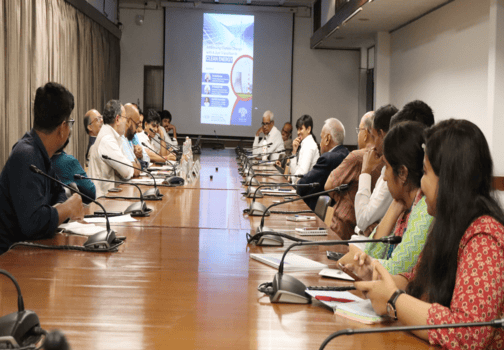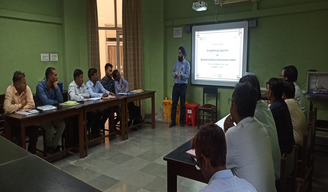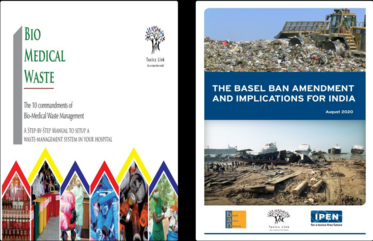Loaded Leaded Batteries Mapping The Toxic Waste Trail

Title: Loaded Leaded Batteries Mapping The Toxic Waste Trail
Publication Type: Research Reports
Year of Publication: 2019
Abstract:Lead-acid batteries are the biggest consumers of lead and the growth in the use of renewable energy sources as well as the increasing demand for vehicles mean that the demand for lead-acid batteries will continue to soar in coming years. In the current times, when resource recovery, especially of non-renewable resources is gaining importance, it is crucial, from both environmental and economic perspective, that lead batteries are recycled to augment metal supplies that come from mining sources. The Toxics Link study makes it clear that there are huge gaps. The entire process, from collection ofthe batteries, transportation, dismantling, smelting and disposal of the components, is not done in environmentally sound manner. The practice does not meet requirements of existing relevant guidelines and laws and poses a high risk of contamination to human health and the environment.In India, even after several years of legal framework being in place, majority of used batteries are estimated to reach the informal recycling sector.










